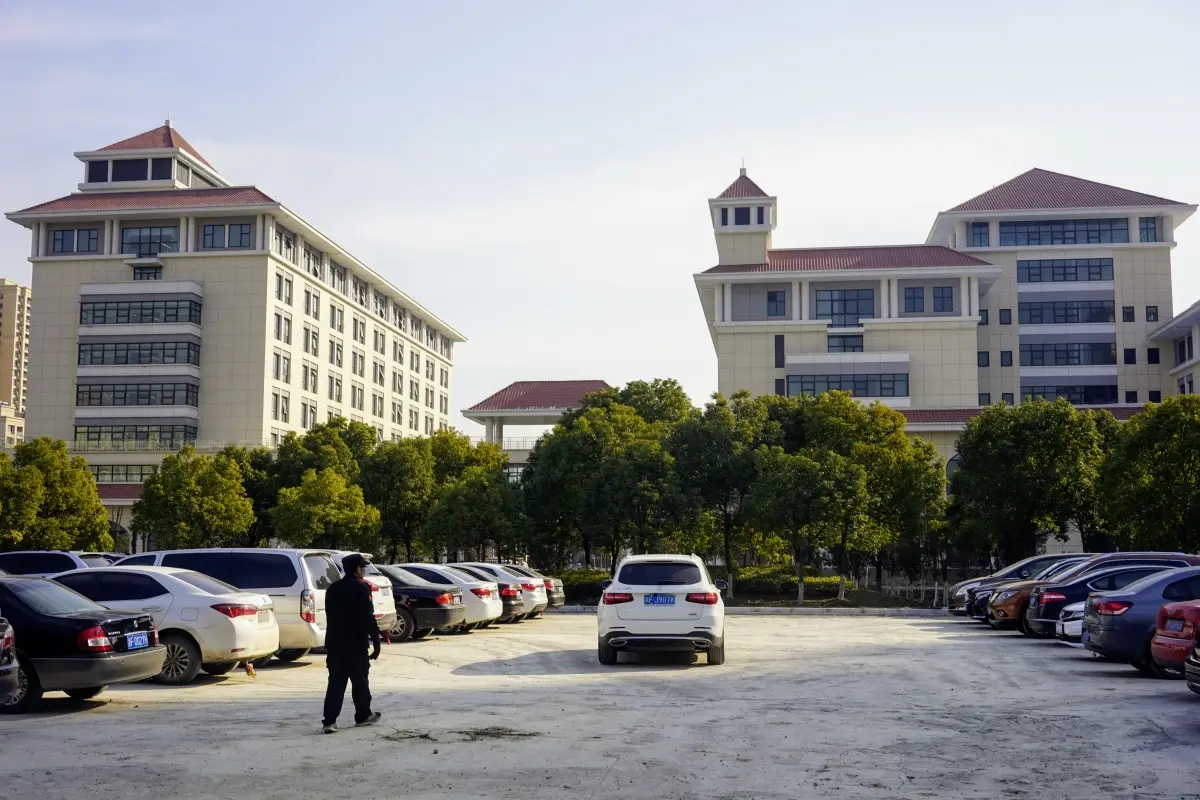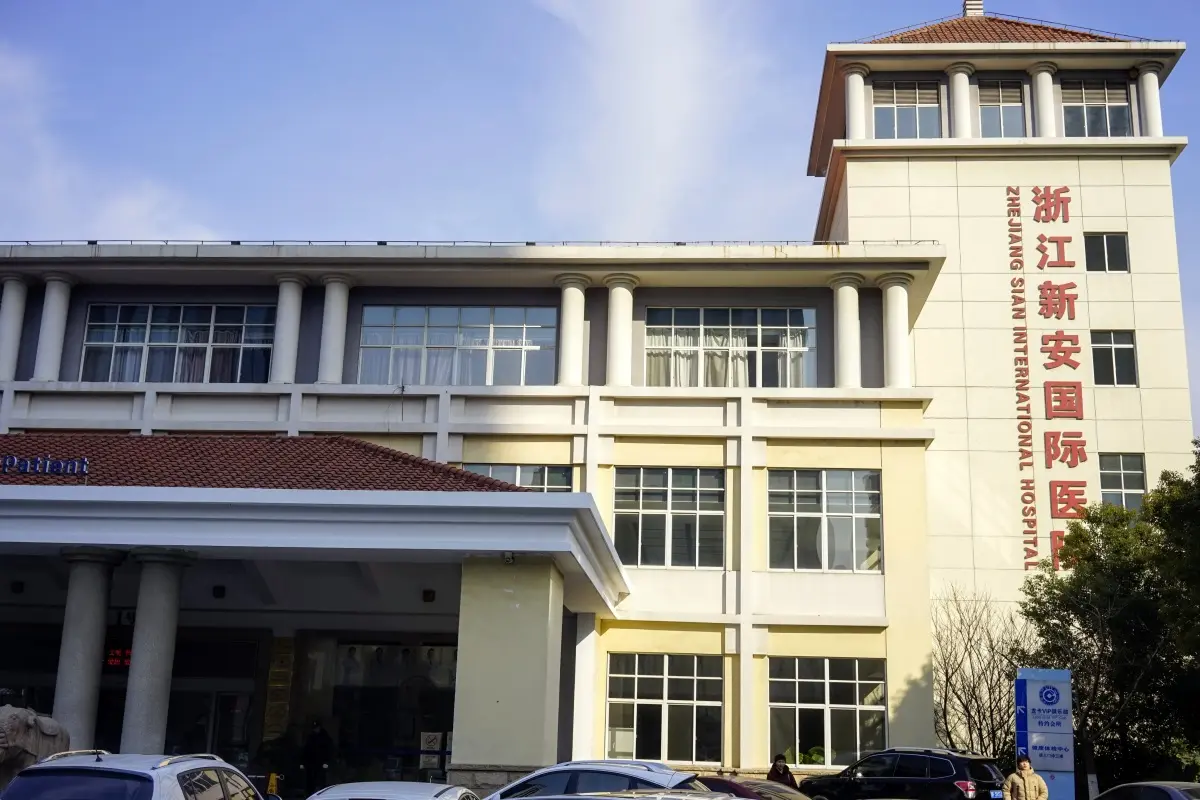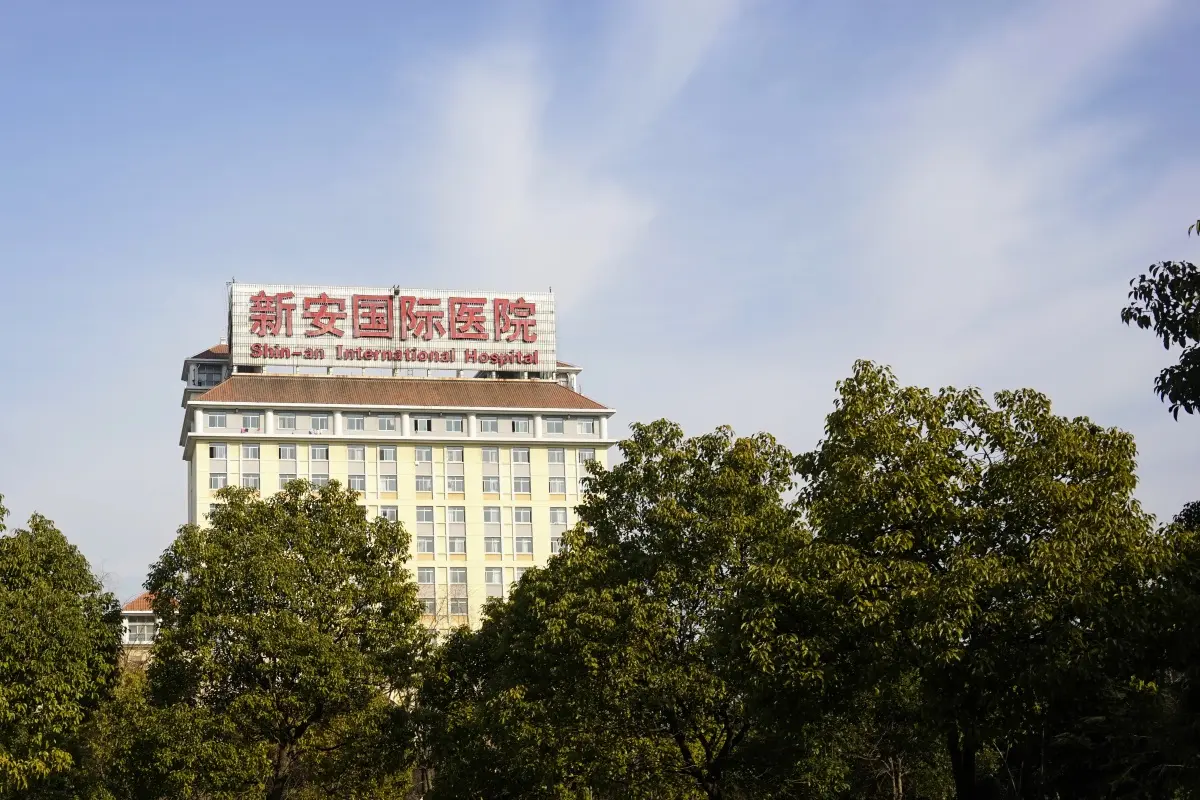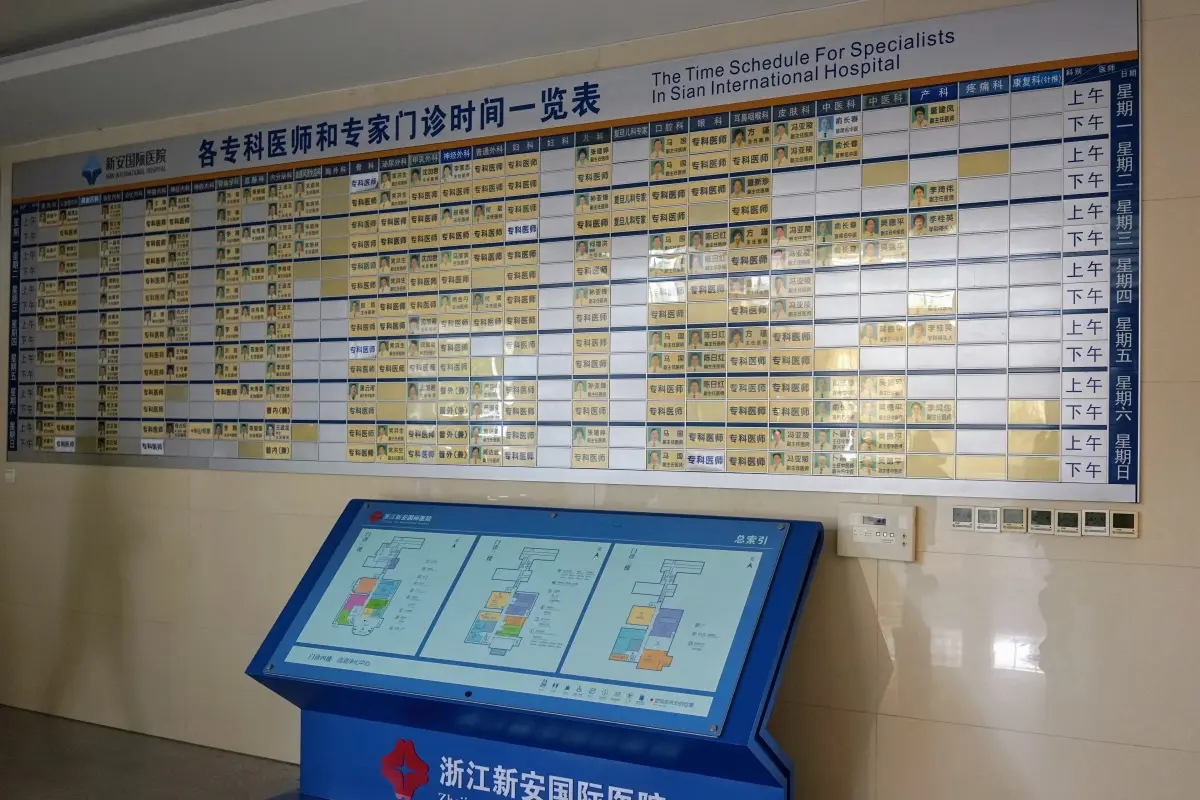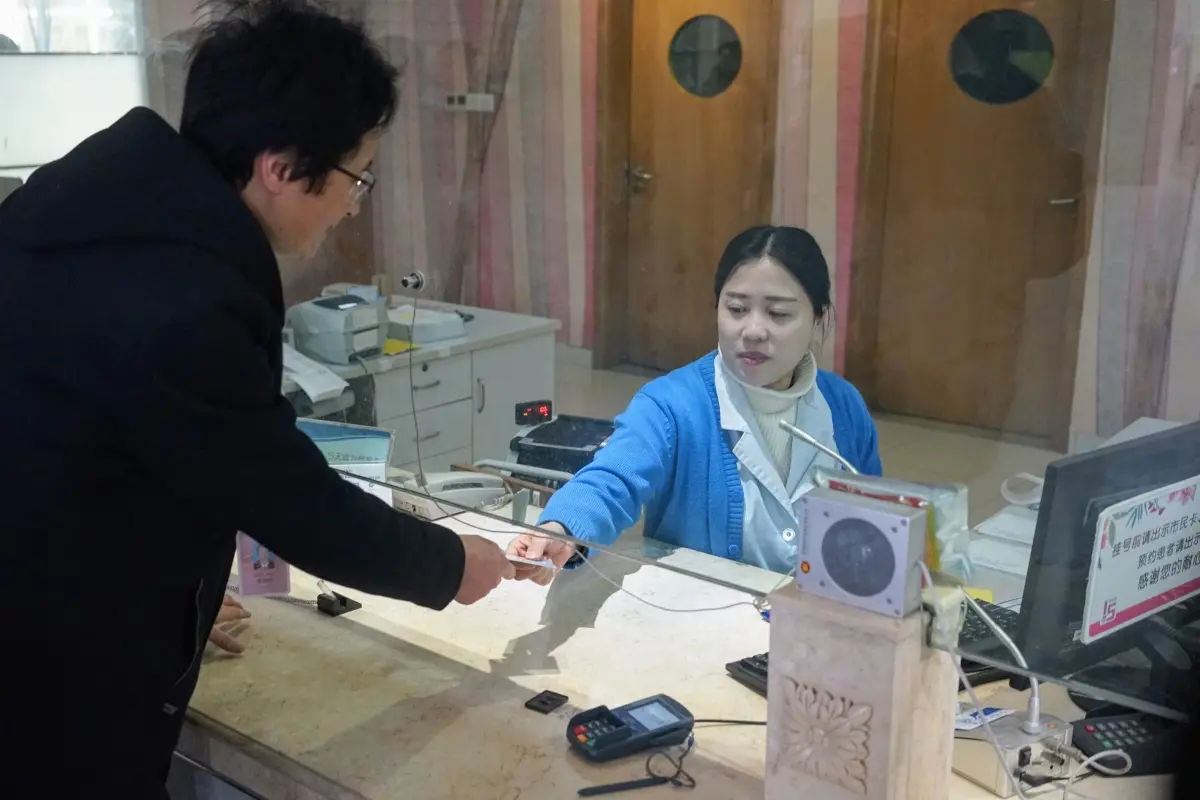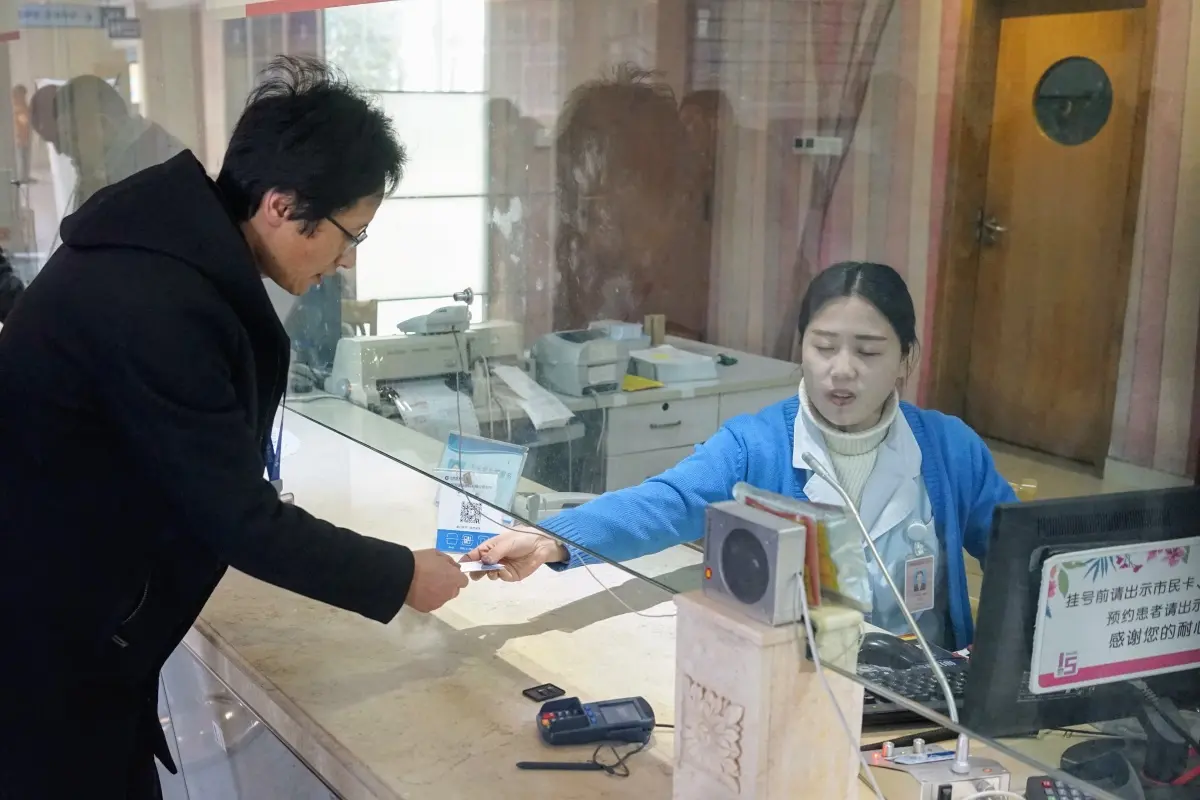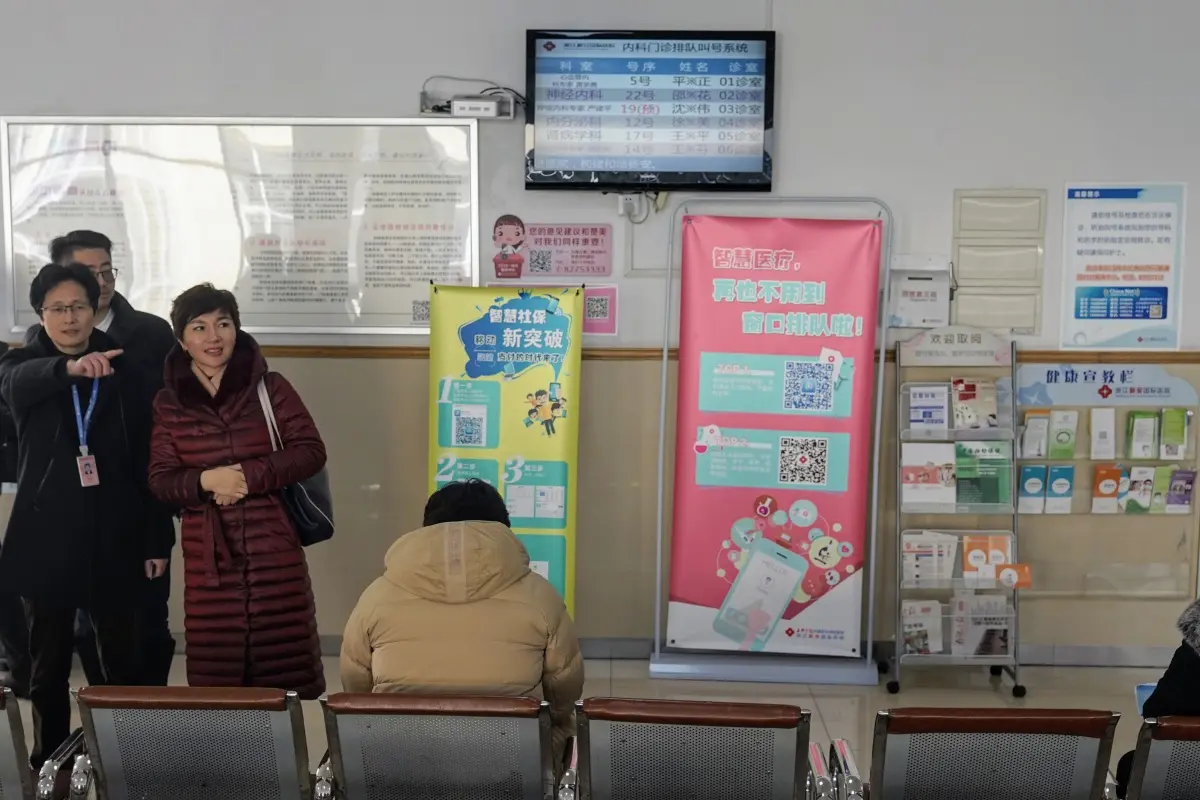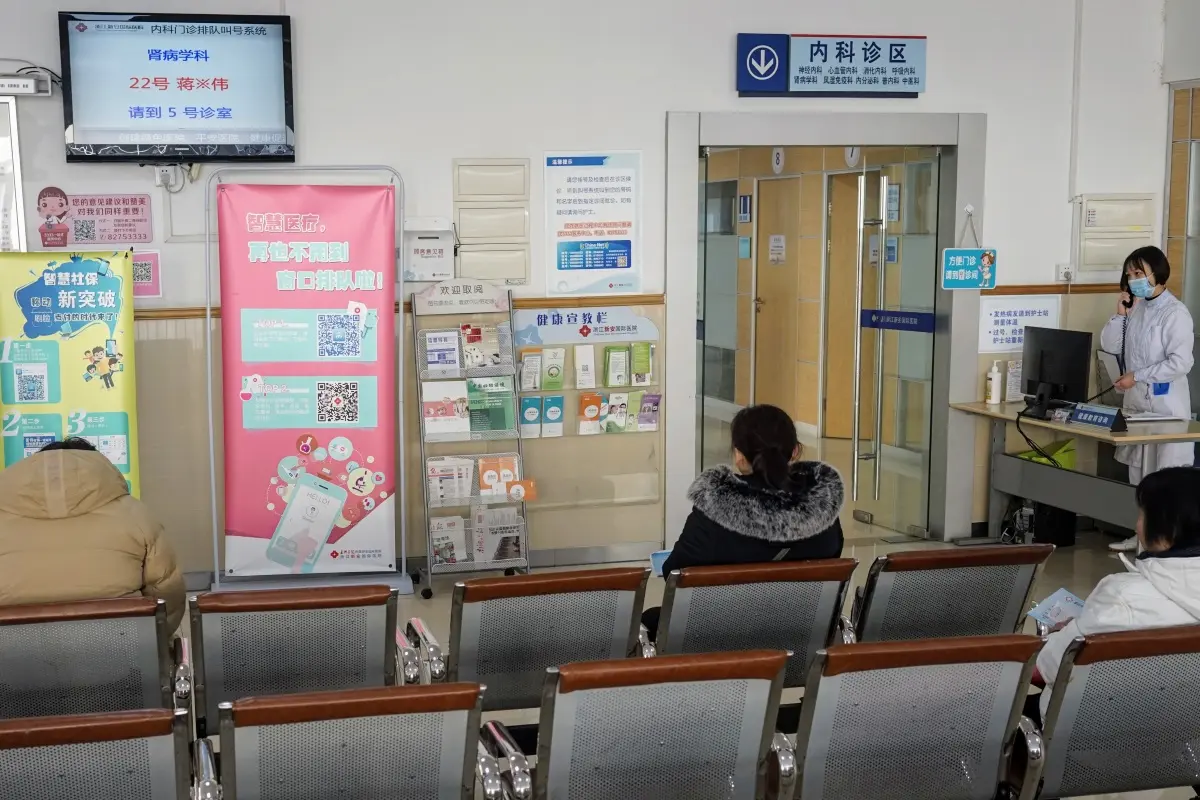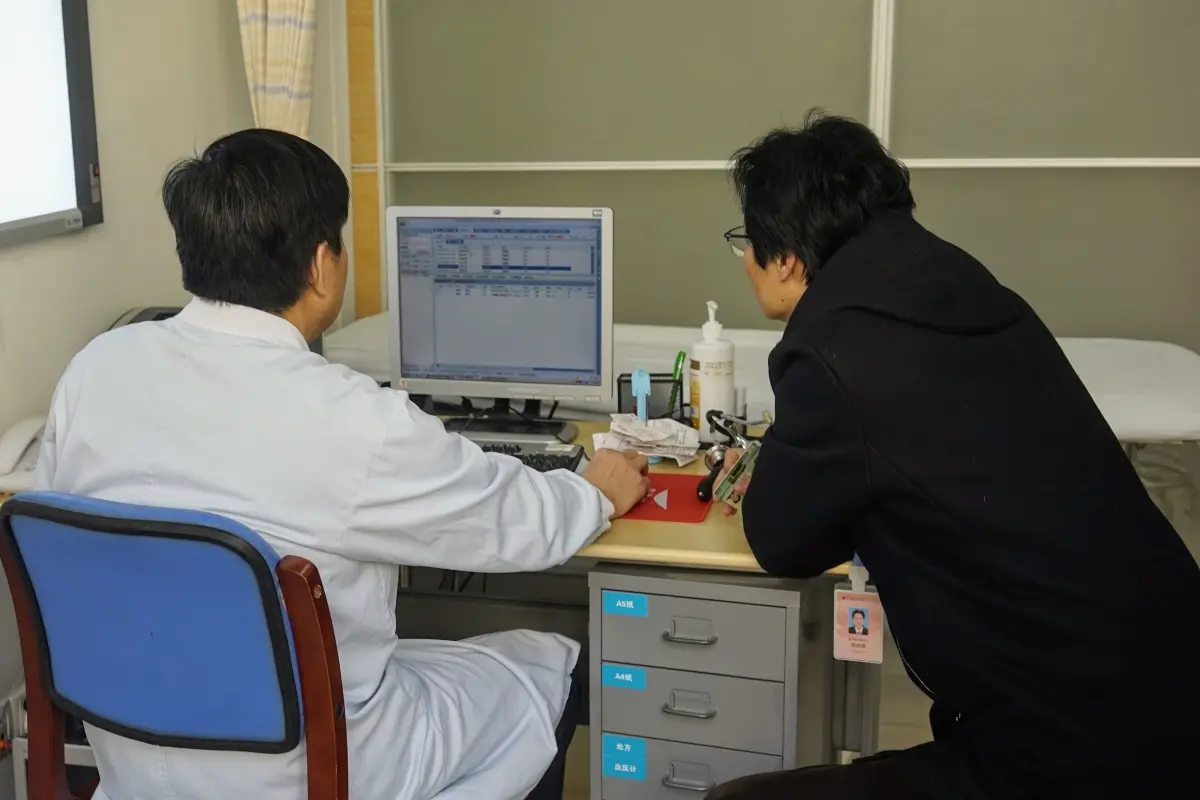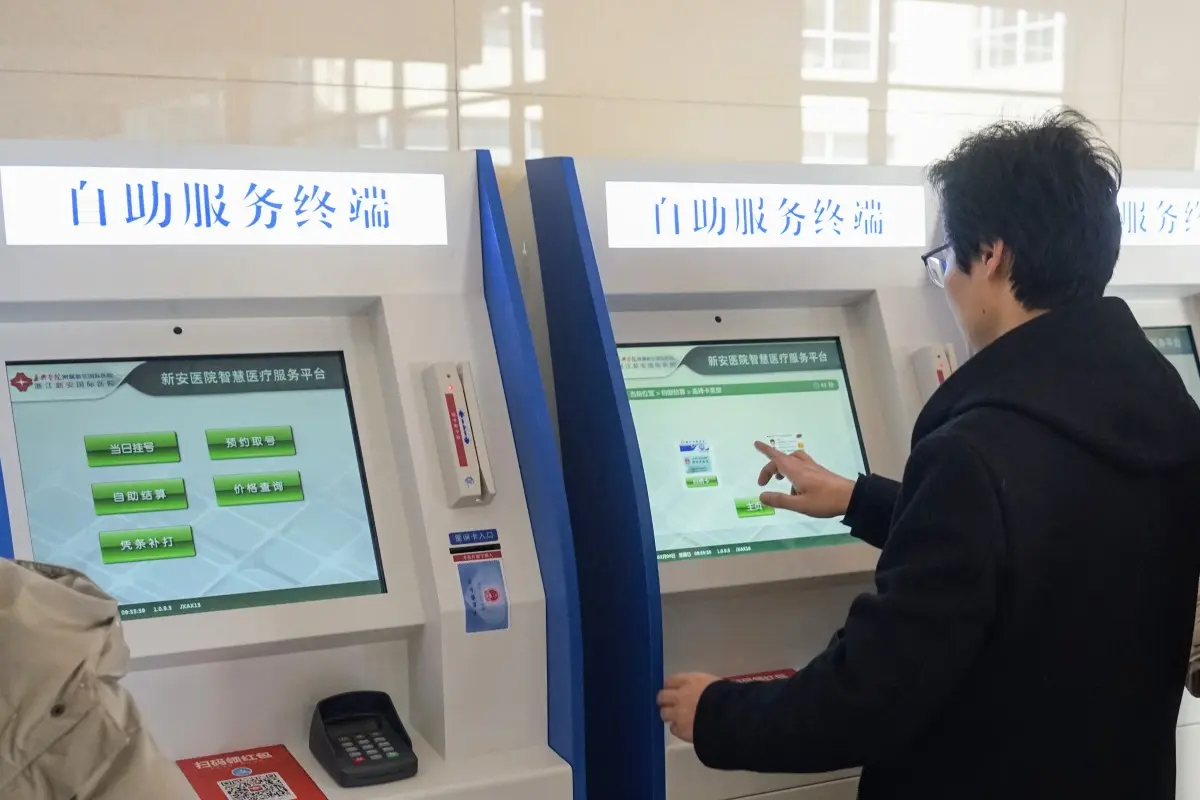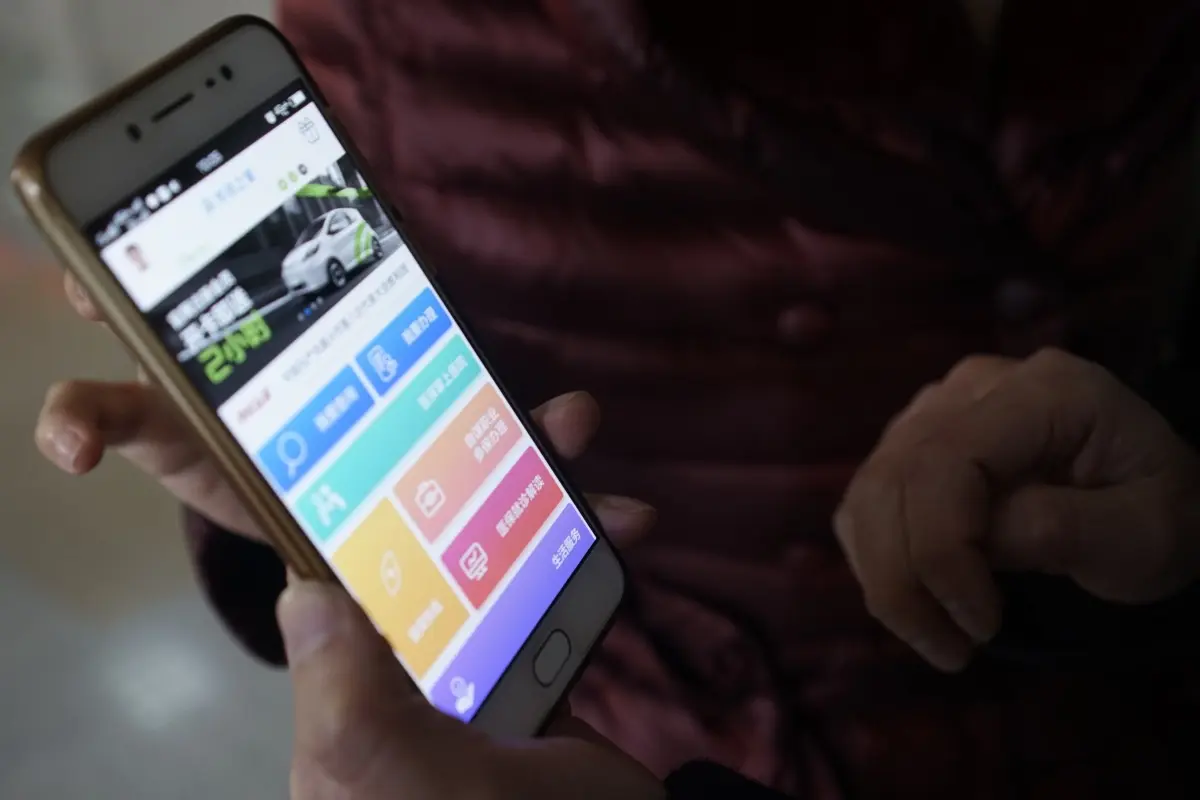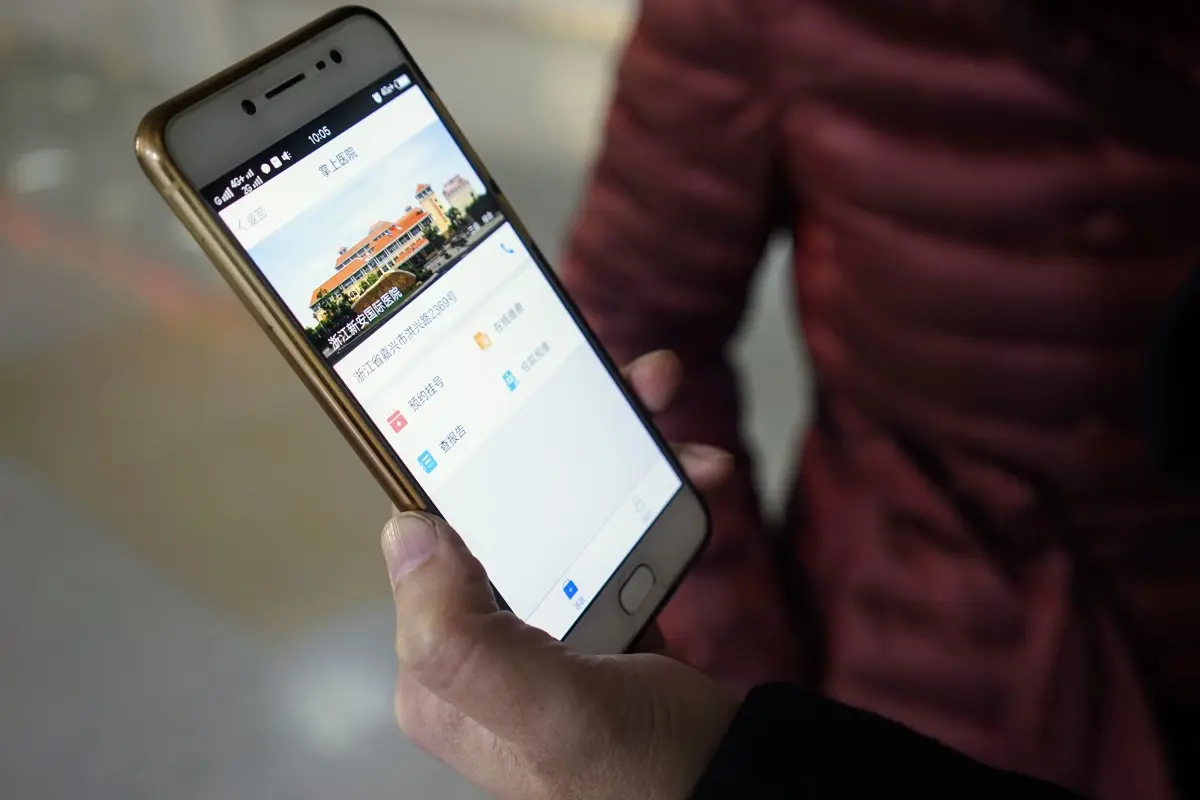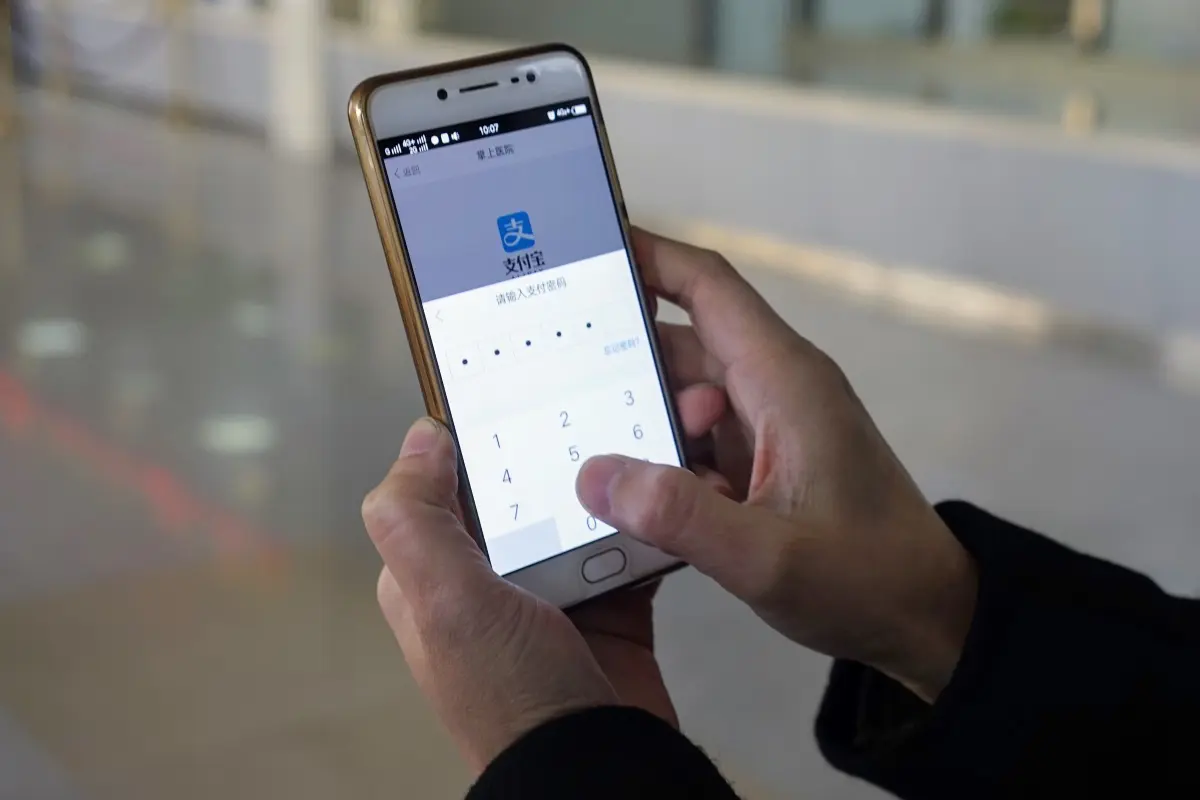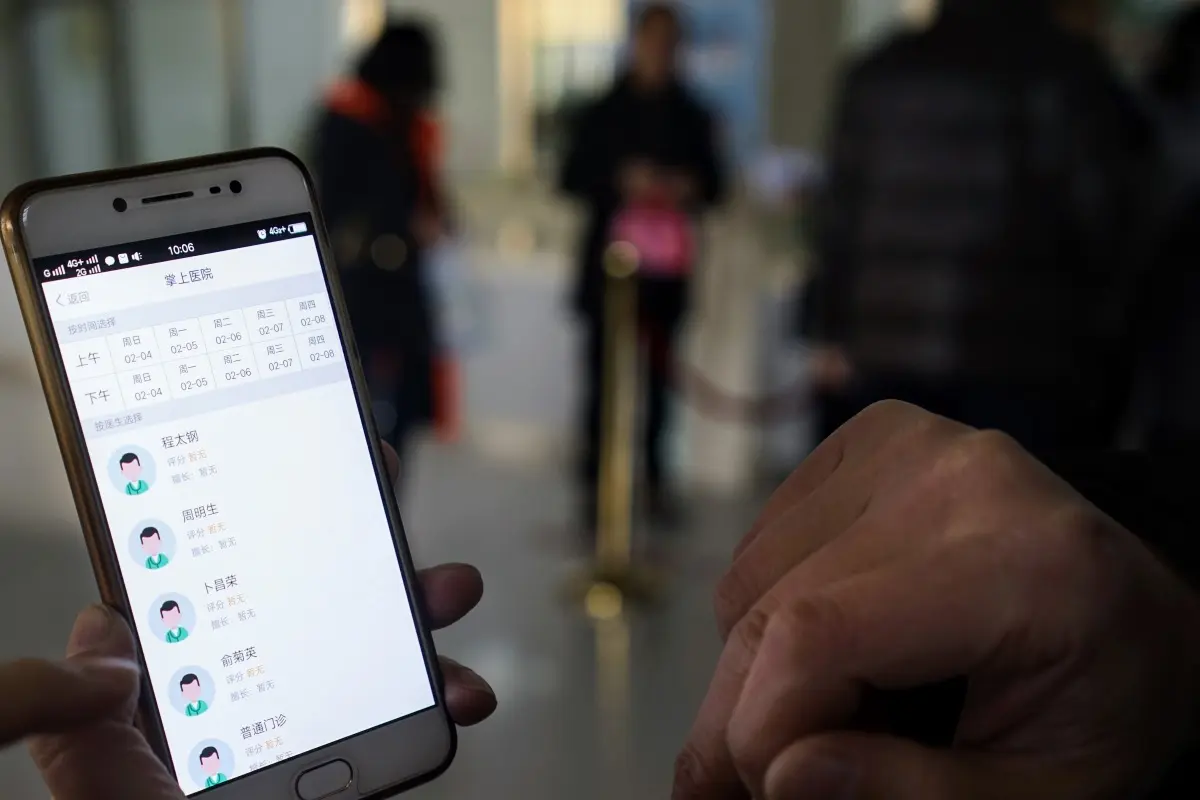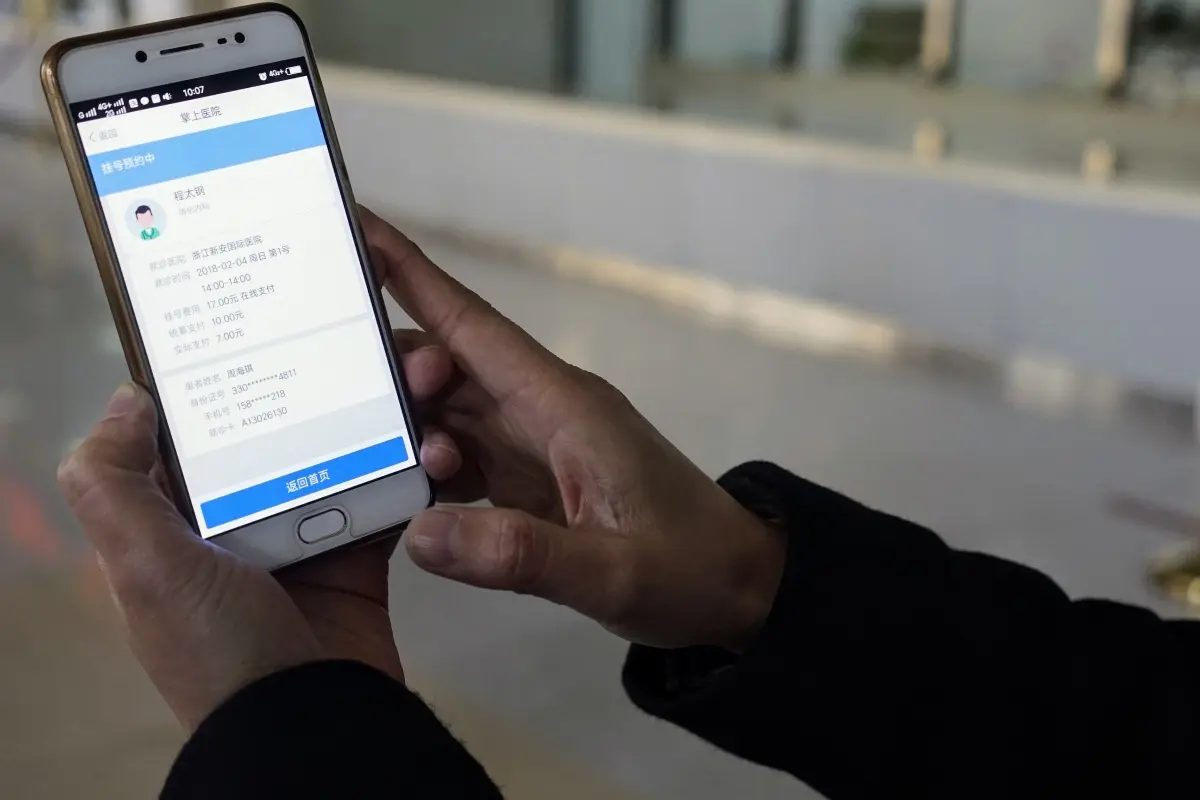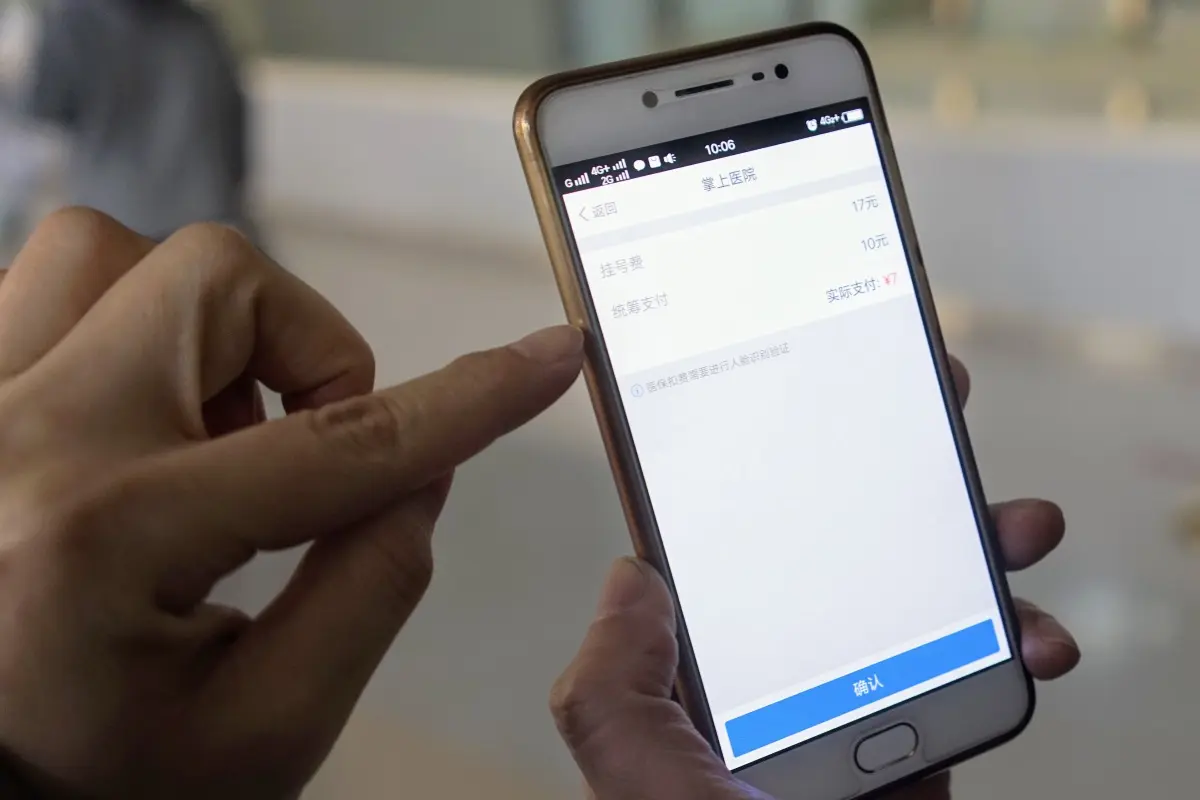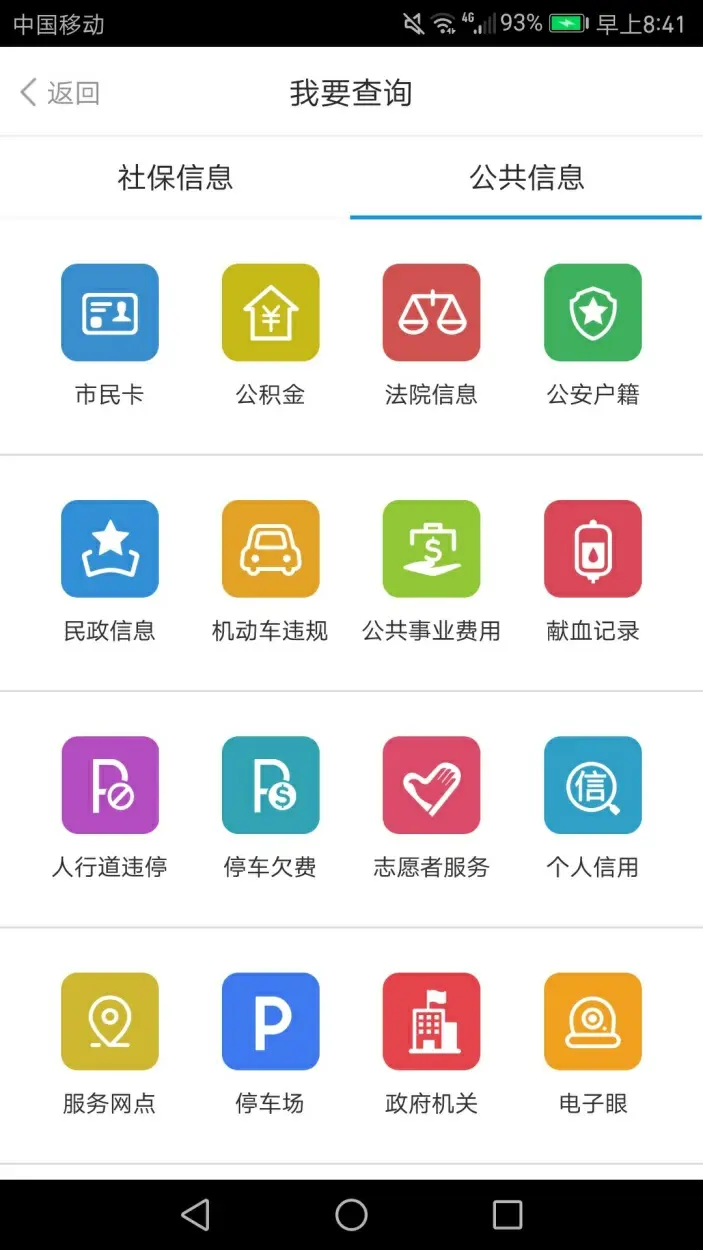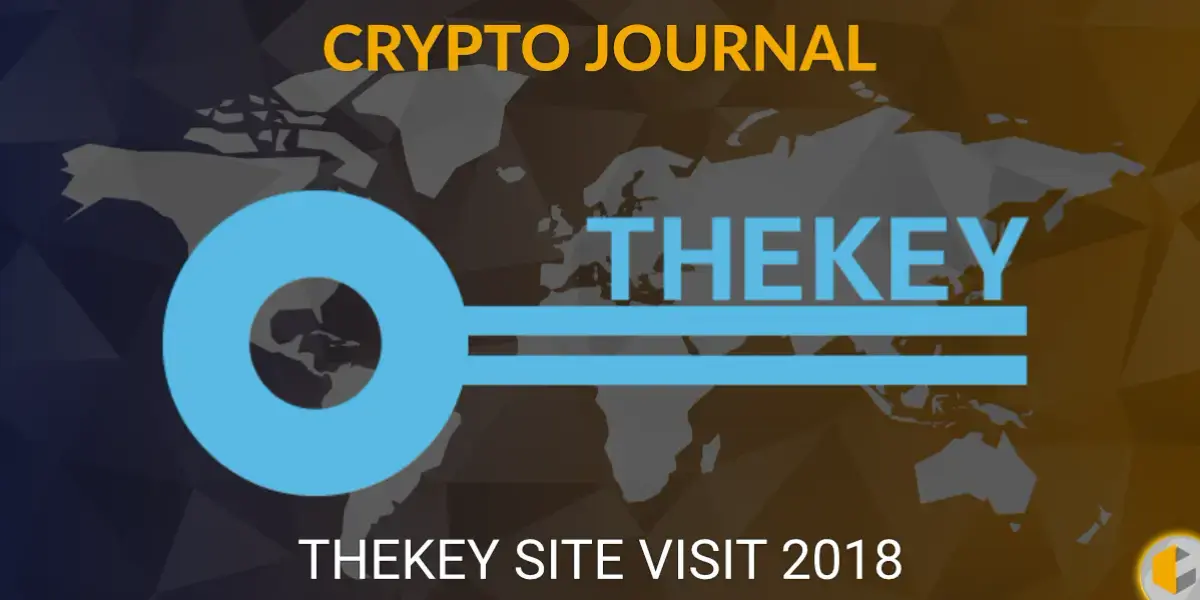
Earlier this month I took the opportunity to observe THEKEY’s pilot program in Jaixing, China. THEKEY, who have been working closely with the health department of Jaixing for a number of years already, rolled out the Identification Verification pilot program to the local hospital back in 2015.
The relationship between THEKEY and Jiaxing is critical for both. This city is seen as the innovative testing ground for future digital projects in China. A successful pilot could promote both of them into the national spotlight.
The Existing Hospital System
It is worth highlighting the difficulties that exist in the current Chinese health industry. This will help us understand how THEKEY will provide benefits to both the individuals and the health care service providers. The Chinese health system is similar to Australia, however it uses a larger number of anti-fraud measures and hasn’t (yet) embraced the digital age.
Upon entering the hospital foyer, large wall-sized boards steal your attention. These boards show the Doctors’ specialisations and availability for the weekend ahead. If someone needs medical assistance, they must inspect these boards for their preferred doctor’s availability. On the day of their visit, they check-in with the registrations office and hope that the doctor is still available. Registration is quite slow as staff manually identify the individual and confirm the status of the doctor. Even when I visited on a ‘quiet’ Sunday morning, the registration queue took quite a bit of time to process.
After this initial registration, the patient goes to the department they checked in for. In our case Neurology, as it had the shortest queue on the day. They then wait there for the nurse to call them into the doctors office. Once in the doctors office, the patient again has to provide identification to prove who they are. After this, they can finally start discussing the reason for their visit.
If any medication is prescribed, the patient goes to another reception and verifies their identity yet again. The receptionist confirms the prescription and accepts payment. A receipt is issued to take to the pharmacy, where the patient lines up and identifies themselves again before being issued with their medication.
Aside from the personal identification requirements, each individual also has a different level of health insurance. This must be considered at every stage of the interaction. The out-of-pocket expense to simply book a doctor may be between ¥2 and ¥20. Although, the government will reimburse some of this. The individual has to make the full payment upfront, and then applies for the government rebate. The same applies to the actual doctor visit and the cost of medication, etc.
THEKEY Identification Verification Pilot in Jiaxing
For the pilot program, individuals apply for an identification smartcard and use an app on their phones to manage their visit.
The Doctor’s specialisation and availability are available through the app, which a user can view and book online. Once they arrive at the hospital, they scan their card at reception and make their way directly to the departments waiting area. During the examination, the doctor is able to scan the ID card to see the patient’s full medical history.
The card is linked to the patient’s insurance and chosen payment method. This means that the appropriate government rebate can be applied upfront, so that the user only pays the ‘gap’ and does not need to wait. ID, insurance and payment is all handled by the one card. The patient does not need to bring anything else with them to the hospital.
During my visit, the hospital reported that the identification smartcard drastically reduces the time spent repeatedly identifying the patients. This in turn reduces the waiting time and the number of staff required to service those people.
The following screenshot shows just how much government data THEKEY already has access to and are able to incorporate into their pilot app. The two options at the very top, allows the user to toggle between health care information (shown in the photographs above) and general public services (described below).
我要查询 Search Information<br/>
社保信息 Social Insurance Information<br/>
公共信息 Public Information<br/>
市民卡 Provincial Medical Insurance Card<br/>
公积金 Housing Fund<br/>
法院信息 Court Information<br/>
公安户籍 Household Registration<br/>
民政信息 Civil Affairs Information<br/>
机动车违归 Motor Vehicle Violation<br/>
公共事业费用 Utilities Cost<br/>
鲜血记录 Blood Donation Record<br/>
人行道违停 Illegal Sidewalk Parking<br/>
停车欠费 Parking Arrearage<br/>
志愿者服务 Volunteer Service<br/>
个人信用 Personal Credit<br/>
服务网点 Service Network<br/>
停车场 Parking Lot<br/>
政府机关 Government Agency<br/>
电子眼 Surveillance Camera
These general public services applications are very interesting. They cover a wide range of services and rely on a significant amount of data to be supplied to THEKEY by government sources. Some of the more interesting ones I saw include:
- Housing information / registration: Displays the individuals registered home address, rates and other payments.
- Court Information: Includes their criminal record and court appearances.
- Motor Vehicle Violation: Shows the individuals registered vehicles and any traffic infringements.
- Blood donation record: Details the users blood donation history as well as basic information about their blood type.
- Illegal sidewalk parking: As curious as this translation sounds, it just shows parking tickets for the individual.
- Volunteer service: An interesting concept in China where people can register details about their skills and form groups in order to contribute to society (better description).
- Personal Credit: Displays the persons credit score and recent credit record checks made against them.
As you can see, THEKEY have vast access to information contained in government records. While some government departments do have their own applications to provide some of this information to users, there is nothing that gives users the breadth or the depth of information that THEKEY does. The partnership between THEKEY and Jiaxing goes well beyond the great work they have done with Health department there. They are enabling Jiaxing to become a genuine smart city. Allowing for a range of government information and services to be accessible from a users mobile phone.
This information can also be used by businesses to make sound decisions when delivering products or services to users. A simple example shown was a bike hire app, where users could allow access to their credit score to the company as evidence of trustworthiness. If a user is shown to be trustworthy, they do not have to pay a deposit to borrow the bicycle. THEKEY have indicated that they are working with a range of service providers to grow the number of services currently available.
THEKEY BDMI IDV solution
THEKEY’s Blockchain-based Dynamic Multi-dimension Identification (BDMI) Identification Verification (IDV) system will be the next evolution of the pilot program already in place. In the near future, visitors to the hospital won’t need to bring the smartcard for identification, they will only need to bring themselves. The hospital will have biometric readers (such as retina scanner, fingerprint scanner, etc) to perform the identification check. This data will then be enriched with additional data supplied by other Government departments.
This in itself is a huge leap forward for a country with 1.2 billion people. But this isn’t enough for THEKEY - they are looking to leverage the IDV service to bring new opportunities to the Chinese market as well as expand into new cities (and countries!) as well.
With an IDV system that has already proven itself, THEKEY are working with a number of third parties to introduce services previously thought difficult into the Chinese market. Examples include:
- The ability to order medication online and have it delivered
directly to you.
Previously thought impossible due to the possibility of abuse, THEKEY is now making this a possibility. This will change the lives of many elderly and sick individuals who will no longer need to leave their homes to get medicine. It will also create efficiencies for pharmaceutical distribution, already saving pharmacies 10 to 20% on prescription medecines. Allowing companies to pass on a part of the savings to the end user. This is something that Amazon has been desperate to bring into the United States (source). - Enable the private medical insurance industry to offer appropriate insurance to those who need it.
Private medical insurance is a relatively new service in China with just 3% of people insured in 2010. A growing middle class is creating a new demand for this type of service. Insurers have been looking for a way to reliably identify the individual and their medical history in order to be able to offer this service.
THEKEY have recently announced that they are expanding the pilot into the Heilongjiang province in Northern China (source). In addition to this, THEKEY are deep in negotiations with other cities (within China, as well as internationally), including at least one other Asian country entirely!
Editor-in Chief
Related Posts




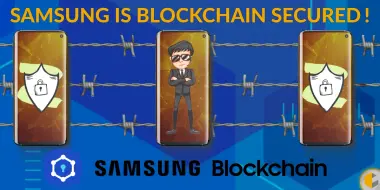

Subscribe to our newsletter!
Information


